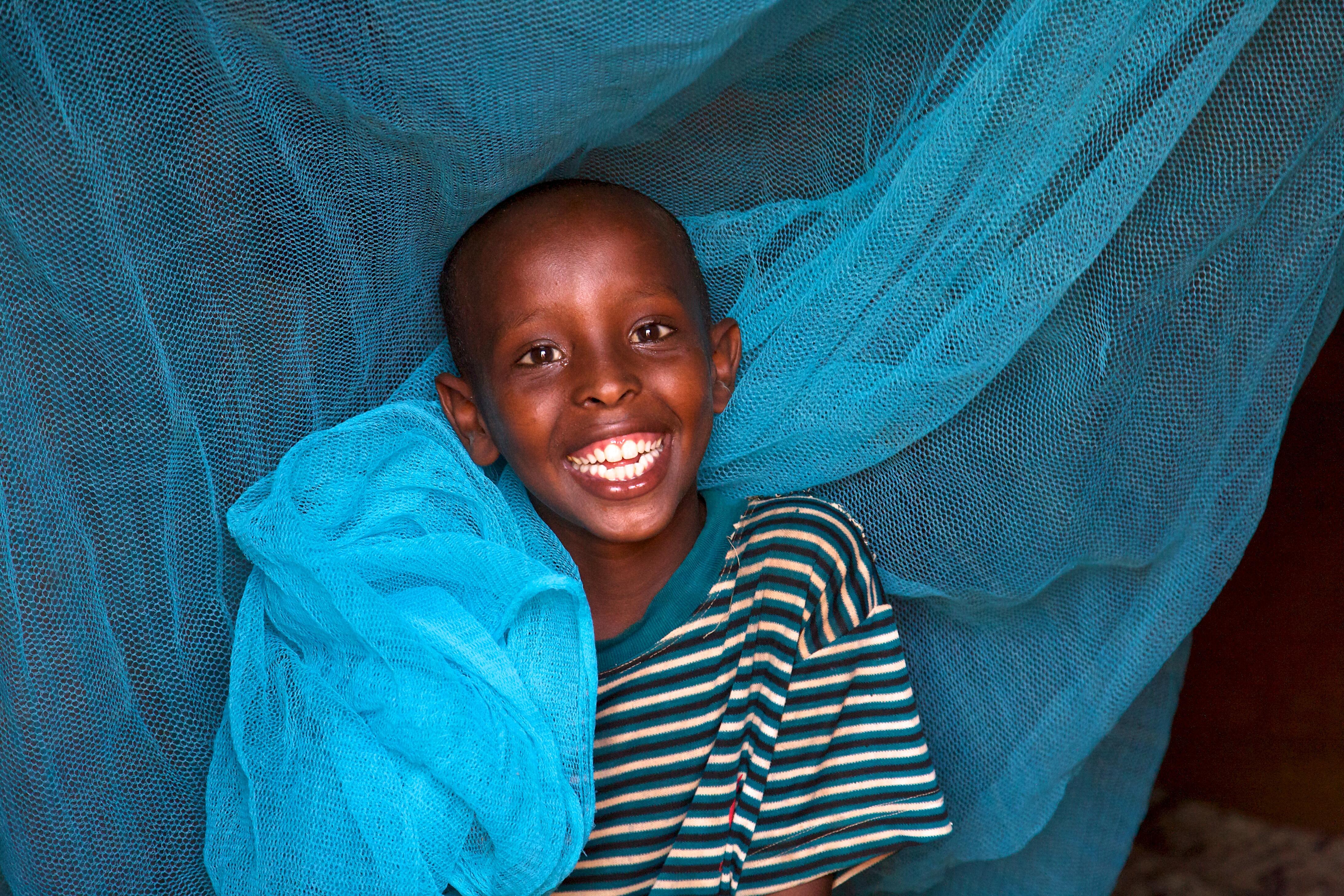
Malaria kills around 650,000 children every year but can be prevented by killing the mosquito vectors. As mosquitoes become resistant to insecticides the prevention measures can become ineffective. Research at LSTM has been instrumental in the development of current World Health Organization (WHO) guidelines to manage resistance. It has led to improved resistance diagnostics and novel monitoring software to integrate entomological and human death outcomes. LSTM’s research led to the creation of the Innovative Vector Control Consortium (IVCC), which was established as an independent Product Development Partnership (PDP) in 2008. New, longer lasting formulations of insecticides developed by IVCC are now in operational use and several novel public health insecticides are under development.
Underpinning research
Scale up of insecticide based interventions to target the mosquito vectors that transmit malaria have resulted in a 33% reduction in malaria cases over the last decade in Africa. However, malaria prevention is currently reliant on a very small number of insecticides with only the pyrethroids approved for insecticide treated bednets.
Malaria mosquitoes are rapidly developing resistance to these insecticides. There is a critical lack of alternative vector control technologies, and a further impediment to effective malaria control is often the absence of accurate timely information on which to base disease prevention measures, which can result in wasted resources and increased disease burden.
New vector control tools, decision support systems and new insecticides are urgently needed to save lives in Africa. If current tools fail due to resistance, the gains in malaria prevention could be quickly eroded.
Therefore LSTM’s research focused on:
- Understanding the mechanisms and spread of insecticide resistance
- Programmatic monitoring and evaluation
- Product development
Details of impact
The WHO estimates that insecticide resistance in African malaria vectors, if left unchecked, could potentially result in an additional 120,000 childhood deaths, rising to 250,000 as current vector control tools are scaled up. LSTM’s research is working to prevent this eventuality.
- Contribution to greater understanding of insecticide resistance to avoid relapses by malaria control programmes
- Technical input into WHO Global Plan for Insecticide Resistance Management in Malaria Vectors
- Working directly with and advising on optimal resistance management strategies resulting in changes in insecticide use
- Support to entomological monitoring and evaluation resulting in changes in insecticide use
- Development of kits for monitoring insecticide residues on insecticide treated materials
- Management of efficacy trials of new insecticides
- Creation of new software for assessing malaria control programmes
For more information on this impact case study including research references; key research grants and sources to corroborate the impact please click here
This impact case study was part of LSTM’s joint submission with University of Liverpool to REF2014.